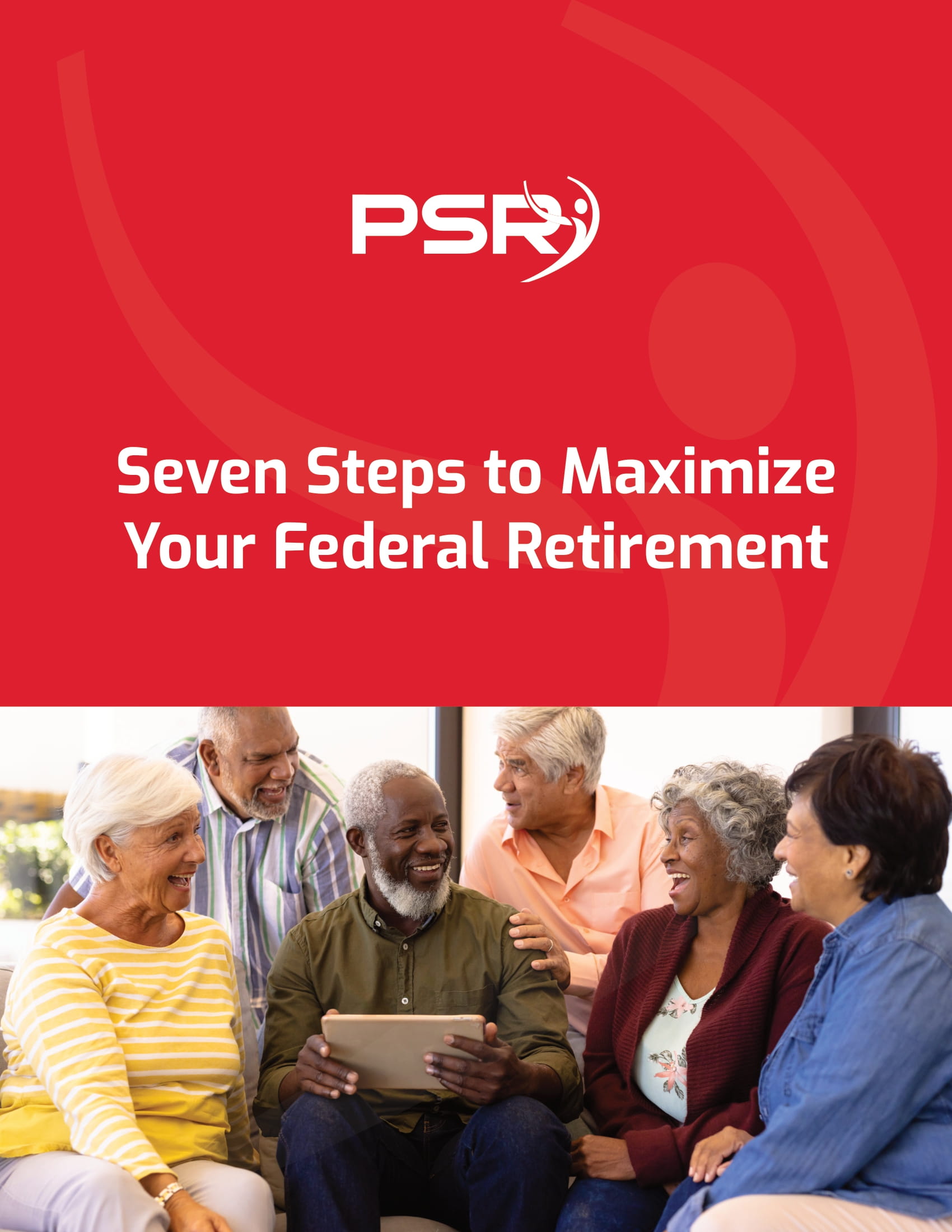Are You Financially Ready to Retire?
Understanding Your Federal Retirement Benefits
FERS Retirement Benefits
- FERS Basic Benefit Plan: This is a pension plan funded by both employee and employer contributions. The amount you receive is based on your years of service and your “high-3” average salary (the highest average basic pay earned during any three consecutive years of service). To qualify for the FERS Basic Benefit, you must meet specific age and service requirements, such as being at least 62 years old with five years of service or 60 years old with 20 years of service.
- Social Security: As a FERS-covered employee, you’re also eligible for Social Security benefits. The amount you receive will depend on your lifetime earnings and the age at which you choose to start receiving benefits. It’s important to consider how Social Security will factor into your overall retirement income strategy.
- Thrift Savings Plan (TSP): The TSP is a defined contribution plan similar to a 401(k), allowing you to save and invest part of your income for retirement. The government matches your contributions up to a certain percentage, which can significantly boost your retirement savings. The TSP offers various investment options, and the decisions you make regarding your TSP can greatly impact your retirement income.
CSRS Retirement Benefits
- CSRS Annuity: The CSRS annuity is calculated based on a percentage of your high-3 average salary and your years of service. Unlike FERS, CSRS does not include Social Security benefits, but it does offer a more generous pension formula. The longer you work and the higher your salary, the greater your annuity will be.
- Voluntary Contributions: CSRS employees also have the option to make voluntary contributions to the Voluntary Contributions Program (VCP), which allows you to contribute up to 10% of your lifetime earnings to an interest-bearing account. These contributions can later be converted into additional annuity income or taken as a lump sum.
Assessing Your Financial Readiness for Retirement
1. Retirement Income Needs
2. Sources of Retirement Income
- Personal Savings and Investments: Evaluate your savings in IRAs, brokerage accounts, or other investment vehicles. The performance of these investments can significantly impact your retirement income.
- Other Pensions: If you have a pension from a previous employer or military service, be sure to include this in your retirement income calculations.
- Rental Income: If you own rental properties, consider the income they generate and any associated expenses.
3. Healthcare and Long-Term Care Costs
4. Debt and Financial Obligations
5. Estate Planning
Making the Final Decision: Are You Ready?
Emotional Readiness
Timing Your Retirement
Consulting a Financial Advisor
Taking the Next Steps Toward a Secure Retirement
As this topic can sometimes be difficult to fully understand, it is always recommended you find the highest-rated advisor. There are advisors available on this site that may meet your needs. Additionally, to help you better prepare, consider downloading our comprehensive eBook on retirement planning. It offers in-depth insights and practical tips to ensure you’re fully prepared for this exciting new chapter in your life.
Search for Public Sector Retirement Expert.
Receive the Best advice.
PSR Experts can help you determine if Public Sector Retirement is right for you or if you should look for alternatives.
The Best Advice creates
the best results.
Search for Public Sector Retirement Expert.
Receive the Best advice.
PSR Experts can help you determine if Public Sector Retirement is right for you or if you should look for alternatives.
The Best Advice creates
the best results.
Free Download E-Book
Recent Articles

Law Enforcement Retires Early—But Not Without These Rarely Mentioned Tradeoffs
Key Takeaways
While law enforcement officers (LEOs) can

Why the FERS Supplement Is Still a Lifeline for Early Retirees—But a Risky One
Key Takeaways
The FERS Supplement can provide critical

You May Be Eligible for Medicare Soon—Here’s How It Affects Your Other Coverage
Key Takeaways
Turning 65 or becoming Medicare-eligible doesn’t

Dental Plans Under FEDVIP Are Offering Better Coverage Than Ever—Why Federal Employees Are Taking Notice
Key Takeaways: Dental plans under FEDVIP are now offering






